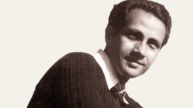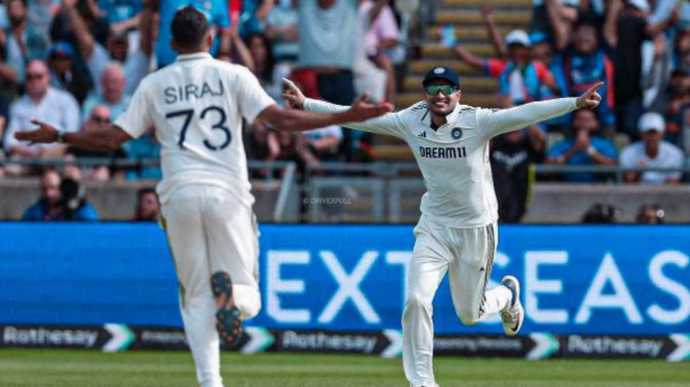Manoj Bajpayee is in terrific form as a disgraced havaldar trying to redeem himself by taking on a seemingly impossible goodwill mission: transporting a heart across the super-busy Mumbai-Pune Express Highway for a little girl’s transplant.
By the time the well-crafted, though clumsily scripted, thriller is over, many of the characters have redeemed their souls and undergone a change of heart—one of them literally. The plot borrows from a 2008 real-life incident where a little dying girl in desperate need of a heart transplant was saved by a quick-thinking fleet of do-gooders.
The Hindi version could have done with a lot more restraint. While the main plot remains rigorously riveting—thanks to the able actors who make the urgent transportation look absolutely convincing—the digression about a doctor with an unfaithful wife is so artificial and forcibly superimposed into the plot you wonder why they bothered! The climax is also an attempt to heighten the drama with exaggerated bravado when, in fact, the film’s subject matter is inherently dramatic.
Why add to the tension to the point of making the proceedings unbearably self-important? The climax has the heroic havaldar driving the car through a “communally sensitive” locality, where the colour green becomes a benign flag for the urgently racing automobile.
It’s all too crammed, crowded, and claustrophobic to hold together in a credible clasp. Nonetheless, the essential power of the plot furnishes enough heart to the goings-on. Even when the contrivances get over-manipulative, there is never a dull moment in the narrative. The performers make sure we are with the drama all the way.
Also Read: 44 Years Of Sanjay Dutt’s Debut In Rocky: When Actor Said He ‘Sleepwalked’ Through The Film
Manoj Bajpayee, as the disgraced havaldar who rises to heroic heights, brings to the screen a deeper understanding of his character’s suppressed rage than perhaps the script permitted. The ever-watchable Jimmy Sheirgill, as a cop trying to make sense out of an impossible life-and-death mission, is splendidly charged-up. Sachin Khedekar, as the dying boy’s undemonstrative father, gives the most emotionally rousing performance in the film.
But the film should have belonged to the two actresses—Divya Dutta and Kitu Gidwani—playing the respective mothers of the child who needs a new heart and the mother of the dying boy who can give a new life. There is a terrific telephonic exchange between the women where Divya pleads (with heartrending sincerity) while Kitu (we should see a lot more of the latter) listens. It reminded me of the Shabana Azmi–Smita Patil telephonic sequence in Mahesh Bhatt’s Arth.
These patches of brilliance remain isolated in a film that seems to be as much in a hurry as its characters. Maybe the director knew he had to go sooner than later. Traffic is engrossing and innovative enough to make me wonder what Rajesh Pillai would have brought to the screen next. Perhaps another film with a lot of heart and a lot more restraint.
The film seems to have been hurriedly put together with patchily edited sequences and some awful dubbing, including the sound of rain that comes and goes at will. Pillai deserved a more polished send-off.
Recalling the experience exclusively, Manoj says, “It was a wonderful experience working with Rajesh Pillai, who actually directed the original also. It was also one of the first films of Amol Parashar and Parambrata Chatterjee. We were out on the streets of Hyderabad shooting for the film. There is no explanation on what works and what doesn’t work. There is no formal recipe for success. Those who have gone looking for the recipe have been proven wrong. I call it sheer destiny. That’s how I keep a sane and healthy mind. Once you know there is nothing in your control, and you just go by your instincts and what your heart tells you. Then you need to just do your best and move on.”
Manoj is proud of Traffic. “The memory of its making, and the director who passed away. Traffic is a reminder of Rajesh Pillai’s truncated expertise. I wonder what he would have done had he lived longer and not died in his early 40s. It was great working with him.”
Manoj Bajpayee says he is possessive about all his films. “I celebrate all my movies that I’ve been part of regardless of success or failure. Box office results are not in my hands. You have to give your hundred percent to it and move on. But the pride and joy of being part of a film like Traffic never fades away. The friends I made during its making are still with me. Whenever we bump into one another, we recall the joys of shooting this underrated film.”












